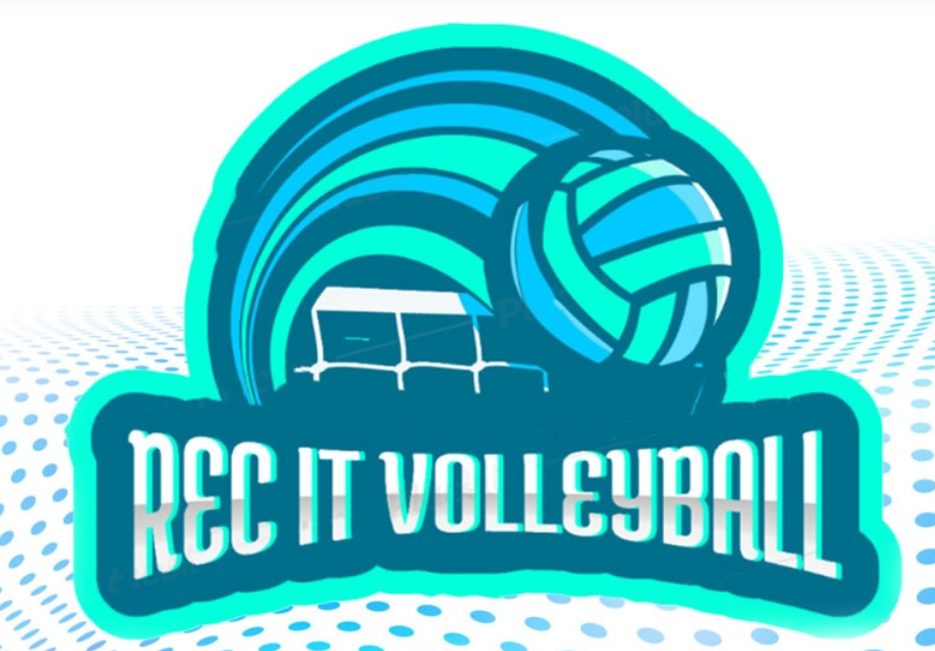This week,聽Amazon聽increased its investments in artificial intelligence, as the eCommerce giant and rival聽Walmart聽adopt new technologies to remain competitive.Amazons $1 billion聽Industrial Innovation Fund聽is ramp <a href=https://www.stanleycups.pl>kubki stanley</a> ing up聽investments聽in companies that combine AI and robotics this year to boost efficiency throughout its logistical network,聽Franziska Bossart, head of the corporate venture capital arm, said.Among the 12 investments the company has already made is one in聽Mantis Robotics, a company building a robotic arm that works alongside humans. Amazon has also pledged up to $4 billion to generative AI startup聽Anthropic.Additionally, the company is tapping new AI capabilities to grow its revenue through its B2B offerings.聽Amazon Bedrock, the eCommerce companys service to make foundation models both from its own teams and external AI startups available for businesses to use,聽announced聽Friday Feb. 23 that it will add聽models聽from聽Mistral AI <a href=https://www.cups-stanley-cups.ca>stanley cup canada</a> 聽to its offerings. The AI startup provides generative AI designed to excel in tasks such as text summarization, structuration, question answering and code completion.Meanwhile, Walmart is using AI to boost efficiency in stores, cutting labor costs at its聽Sams Club聽subsidiary, as Sams Club President and CEO聽Chris Nicholas聽told analysts on the retailers聽earnings聽call last week. The warehouse club chain is using computer vision to cut out the step where an employee needs to check self-service customers receipts at the door.Walmart as <a href=https://www.cup-stanley.fr>stanley quencher</a> a whole is usin Aewh Failed MYOB/Reckon Merger Offers Opportunity For Accounting Startup Karbon
While very popular in Europe, Canada, and the U.K., retail coalition loyalty programs have been difficult to get off the ground in America, largely thanks to the abundance of stand-alone loyalty programs and the need to protect a customer base. With greater integration of payment methods in聽mobile wallets, as well as the universal need for gas, coalition loyalty programs may be getting more popular, accor <a href=https://www.stanleycup.fr>stanley quencher</a> ding to a white paper published by Fuel Rewards patent holder Excentus Corporation.Unlike stan <a href=https://www.stanleycup.fr>stanley mug</a> d-alone loyalty programs that are largely used for in-store purchases, coalition loyalty programs in regards to fuel work by using cents/gallon savings as the rewards currency, owing in large part to the universal demand for fuel regardless of market conditions. Also, thanks to mobile wallets ; ability to store various credit and rewards cards with just a single tap, offers and discoun <a href=https://www.stanleycup.com.de>stanley kaufen</a> ts are more readily available through smartphone software, making integration much easier.In the white paper, Brandon Logsdon, President and CEO of the Fuel Rewards program, outlines how coalitions that revolve around Fuel Rewards is better for driving same-store sales across the coalition than traditional stand-alone loyalty programs: Coalition loyalty programs encourage rewards-based partnerships among well-known brands, giving them new opportunities to increase sales and attract new customers, says Logsdon. And consumers benefit from expanded opportunities to earn rewards from everyday purcha
